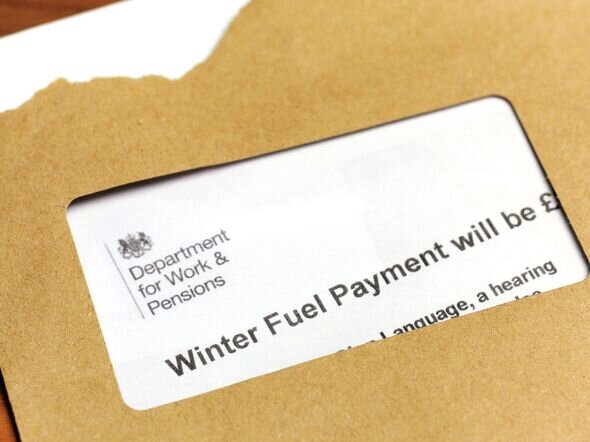LONDON, Oct 6 – Labour has been warned that its plans to raise capital gains tax (CGT) could stifle investment and harm Britain’s economic recovery, as leading advisers and economists urge caution over further tax reforms.
Tax experts told City A.M. that any additional hikes in CGT rates would “need a health warning,” warning that the changes could discourage entrepreneurs and investors from selling assets potentially reducing rather than increasing Treasury receipts.
Advisers warn of damaging effects on growth
Tax specialists at RSM and Quilter said aligning CGT rates with income tax, as suggested by several think tanks, risks creating what they described as a “back door wealth tax.”
“Major changes to capital gains taxes could push business owners to move abroad more quickly,” said Chris Etherington, private client partner at RSM. “You can quite easily end up shooting yourself in the foot financially because higher rates don’t always lead to higher revenue.”
Etherington cautioned that while reforms may aim to boost fairness, they could instead deter transactions and investment, particularly among entrepreneurs and property owners.
Think tanks divided over reform proposals
The Institute for Fiscal Studies (IFS), Institute for Government, and Resolution Foundation have all urged Chancellor Rachel Reeves to align CGT with income tax rates while providing greater relief for investment costs and inflation adjustments.
The IFS said such measures would simplify the system but admitted that “substantially higher rates” could encourage investors to hold onto assets longer, reducing short-term receipts.
However, right-leaning groups like the Institute of Economic Affairs (IEA) and Adam Smith Institute have warned that these policies would be counterproductive, suppressing risk-taking and slowing capital formation.
Recent CGT hikes already hitting receipts
In last year’s Autumn Budget, Reeves increased the lower CGT rate from 10% to 18% and the higher rate from 20% to 24% a move aimed at shoring up government finances.
Yet, according to the IEA, overall receipts from capital gains taxes fell by 18% in July 2025 compared to the same month last year, underscoring the sensitivity of the tax base.
IEA executive director Tom Clougherty said, “Capital gains taxes have strong behavioural effects. When investments are made from income already taxed, you create double taxation a bias against saving and growth.”
‘Wrong side of the Laffer Curve’
The Adam Smith Institute said Britain’s tax policy risks slipping to the “wrong side of the Laffer Curve,” where increasing rates could paradoxically reduce total revenue.
The think tank argued that gradually reducing or even abolishing CGT could ultimately increase Treasury income, as higher investment and growth would yield stronger long-term returns.
Former U.S. presidential adviser Arthur Laffer, whose theory underpins this model, has reportedly discussed the matter with shadow Treasury figures and British economists, highlighting his influence on the debate.
Wealth tax pressures add to policy uncertainty
Despite Labour’s public focus on “fairness,” internal pressure from party members to introduce a wealth tax has further unsettled investors. Both Keir Starmer and Rachel Reeves have repeatedly pledged to make Britain a more attractive destination for capital yet the combination of high borrowing and rising spending commitments has fuelled concerns over stealth taxes.
Tax advisers have urged the Treasury to provide “predictable and stable” policies ahead of the November 26 Autumn Budget, warning that constant speculation about new levies risks undermining business confidence.
The capital gains tax debate captures a central dilemma for Labour how to fund rising spending without deterring investment. Experts say balancing these goals will be crucial for maintaining Britain’s economic competitiveness.
As discussions intensify ahead of the Budget, taxpayers and investors alike can use the Pie app to monitor rate changes, understand potential impacts, and plan ahead with clarity amid shifting fiscal policy.










